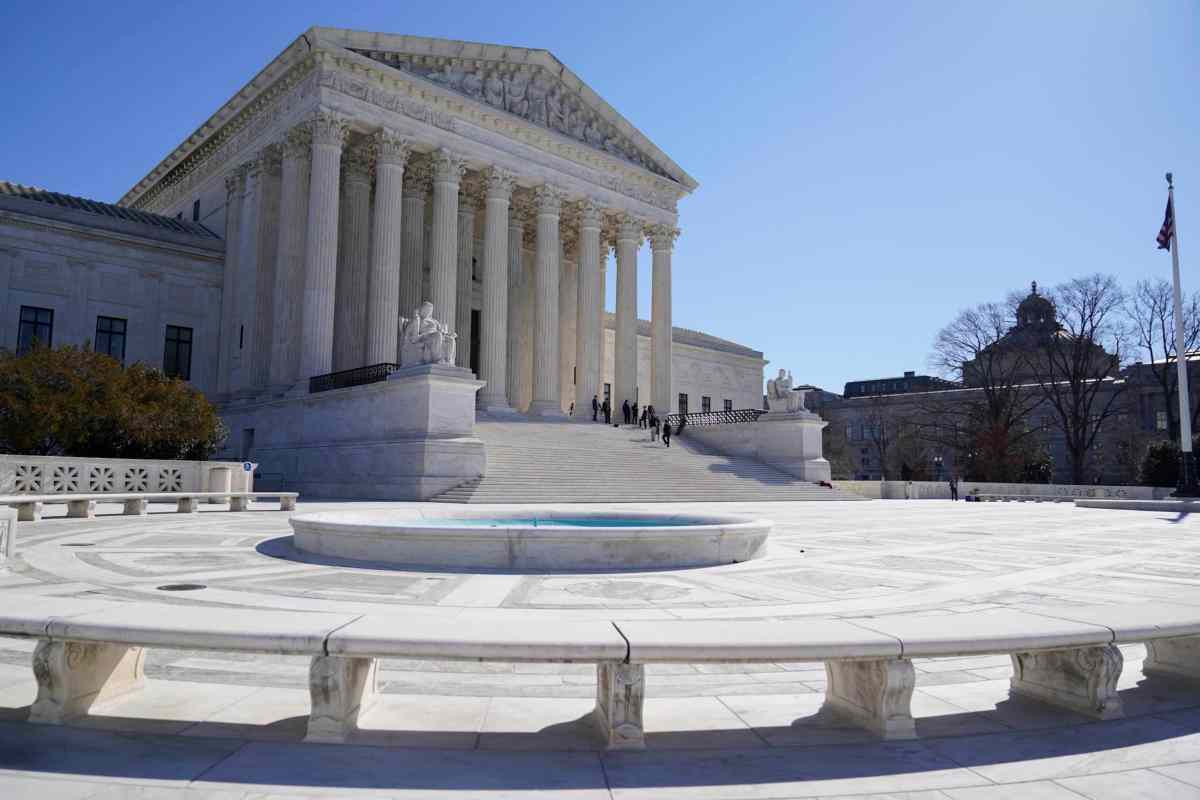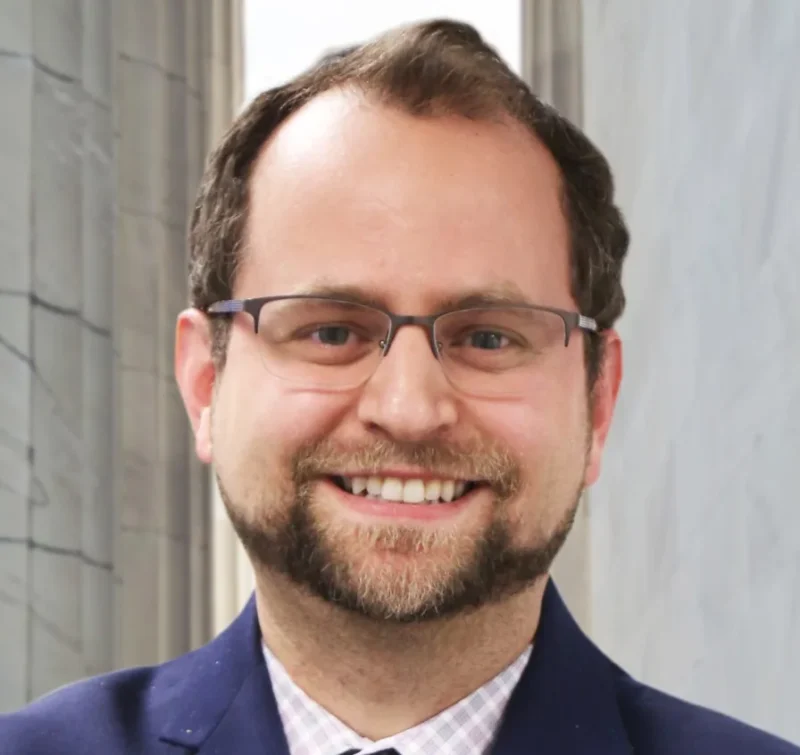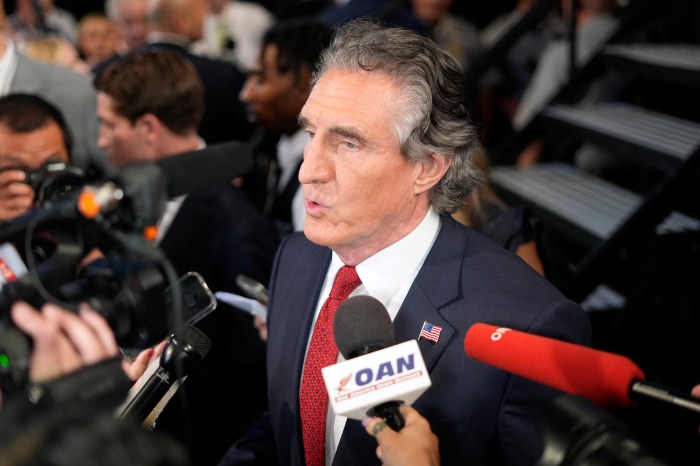Janet Rosado’s son Michael Guzman interprets the world around him differently. While the first-grader dreams as big as any other kid his age — right now, the dream is to move and work in Canada with his two dogs — finding the right educational fit for Michael hasn’t been easy.
Michael is visually-impaired and the normal bustling of school kids in the stairways, cafeterias and classrooms can overwhelm his senses. Tasks like walking up the stairs requires markers to differentiate platforms and has often led to occasional trips and falls. And assignments can be difficult to accomplish if the paper and font sizing is too small.
When Rosado sent her two children to Bronx public schooling, she found that accommodations for her visually-impaired son Michael and older daughter Christina Guzman, who is also visually-impaired, were hard to come by when she asked administrators.
“It’s little things like that we don’t even think about because when you have vision that wouldn’t even occur to you, that somebody would be something like that to just know that a step has to end, and we do it,” said Rosado, an educator, herself. “But for my son, these are challenges that he faces, and I felt in mainstream school, he wasn’t able to get those accommodations he needed to feel comfortable at his school.”
While Christina, seven years older than Michael, adjusted a little better to mainstream public school, she soon encountered her own challenges with large class sizes.
During the pandemic, Rosado learned about 4201 Schools — not-for-profit, state-supported schools serving students who are deaf, blind and severely physically disabled — three of which are located in the Bronx.
Both Michael and his older sister Christina attend Pelham Parkway-located New York Institute for Special Education, which Rosado said offers specializations such as magnifying tools to enlarge text and mobility learning that helps students with disabilities use their senses to cross the street, as well as other tools to foster independent decision-making and living.
“I don’t know if other parents are aware of 4201 Schools, I lived on Laconia Avenue and didn’t know this school that was nearby could provide an education and social needs for my children,” she said.
Each budget cycle is one of apprehension, frustration and, at-times, relief for 4201 Schools administrators and educators. Prior to the one-house state Senate and Assembly budgets, 4201 Schools felt slighted by Gov. Kathy Hochul’s proposal to cut 4201 Schools’ funding by $2 million — $500,000 of which comes from the Bronx’s three 4201 Schools — despite her executive budget seeking a record $31.5 billion in school aid, for the 2023-24 school year.
“At first, I had thought it was a mistake when I didn’t see the $2 million included in the executive budget,” said 4201 Schools Association Co-Chair Bernadette Kappen.
The school system was hoping for a 6% or $8 million increase in funding, a $30 million investment over three years in workforce to retain and attract teachers, and the creation of a funding balance that would allow the state’s 11-school network to prepare for emergencies and other student needs.
The school system is struggling to retain talented and qualified teachers — often losing them to NYC Department of Education schools thanks to a massive $20,000 gap in wages — and filling those gaps are difficult due to a dearth of teachers who can work with the specialized needs of 4201 Schools populations.
When the Senate and Assembly one-house budget proposals rolled out in mid-March, it restored the proposed cut of $2 million in funding, and proposed $5.8 million for 4201 Schools general assistance, $10 million for teacher salaries and a measure to establish a fiscal reserve fund.
Soundview Assemblymember Kenny Burgos said the proposals are to ensure funding parity and equity for New York’s school systems.
If budget negotiations in the state Legislature drag on for several weeks, it could impact upcoming school budgets, which get voted on in May, as well as budgets for nonprofits.
The state constitution mandates the approval of the state budget by April 1.
























